#software for drone
Explore tagged Tumblr posts
Text





Renault vision4rescue, 2025. A 4 E-Tech adapted for use as a fire tender in collaboration with Software République. It features equipment such as a surveillance drone, enabling the vision4rescue to serve as a mobile, connected command centre, able to analyse the situation and adapt the response of the emergency services. Ground clearance has been raised by 15 mm and it also features a second electric motor on the rear axle for permanent all-wheel drive.
#Renault#Renault vision4rescue#Renault 4 4-Tech#2025#concept#prototype#emergency services#design study#fire tender#drone#Software République#EV#electric car#4X4#4WD#high riding
79 notes
·
View notes
Text
Someone by the name of IttravVFX has been recreating Doom 2 RPG monsters for classic Doom.








The linky for the Pinkynator
#doom#doom rpg#doom 2 rpg#id software#someone else's video#someone else's content#doom modding#modding#gameplay mod#gzdoom#demon#icon of sin#pinky#drone#classic doom#3d model#pixel art
11 notes
·
View notes
Text
why the FUCK do they have motor oil if they are based off of PERSONAL HOME COMPUTERS
#xenon screams#murder drones#i only know shit about software#but i know for a FACT that my SHIT ASS WINDOWS 11 MACHINE does not have MOTOR OIL in it
8 notes
·
View notes
Text
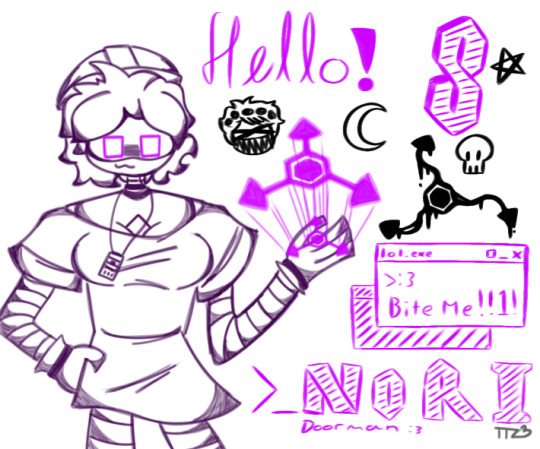
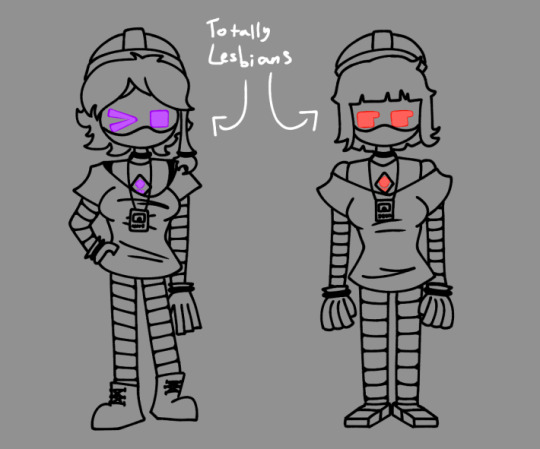
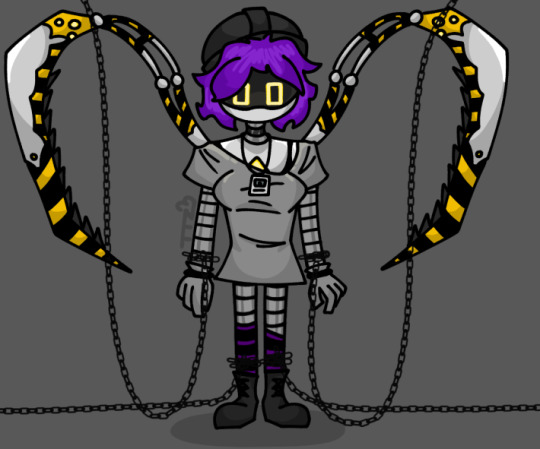

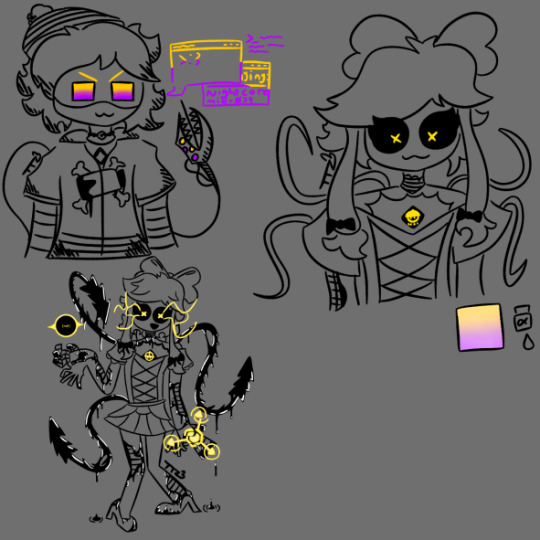



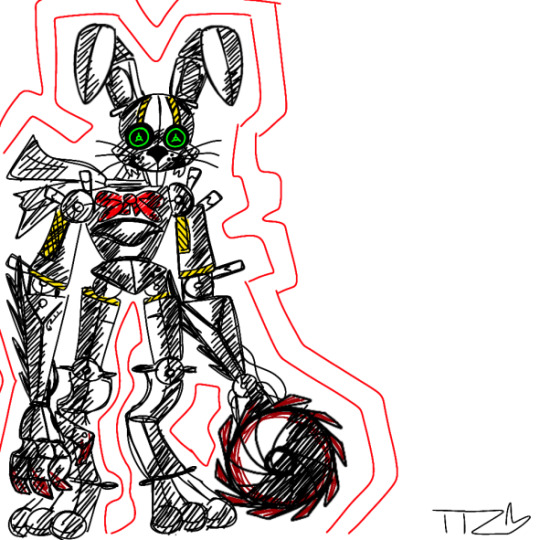

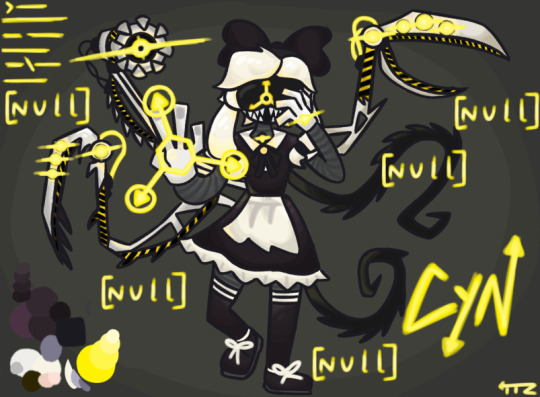




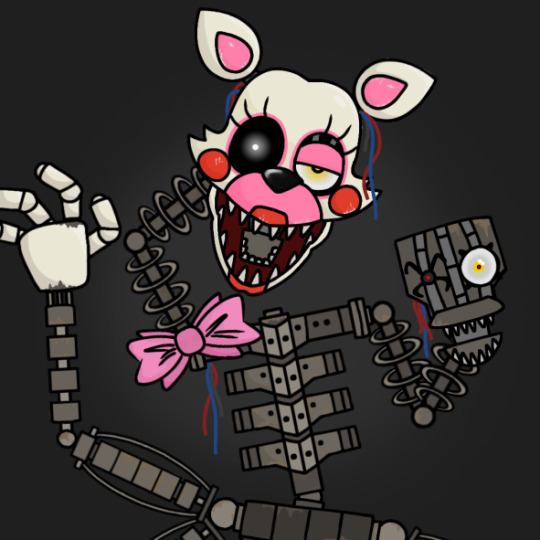




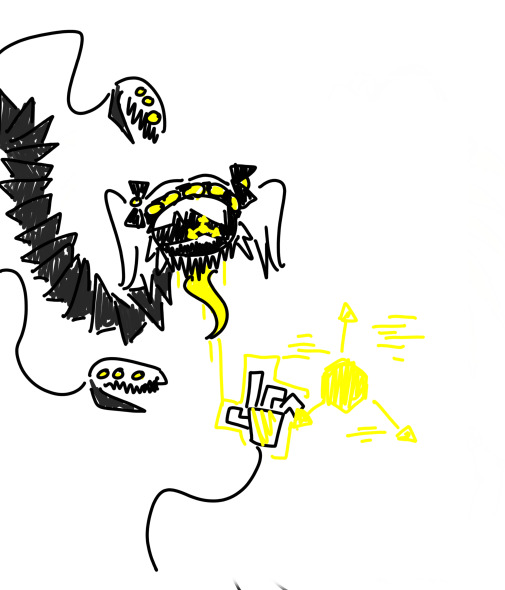
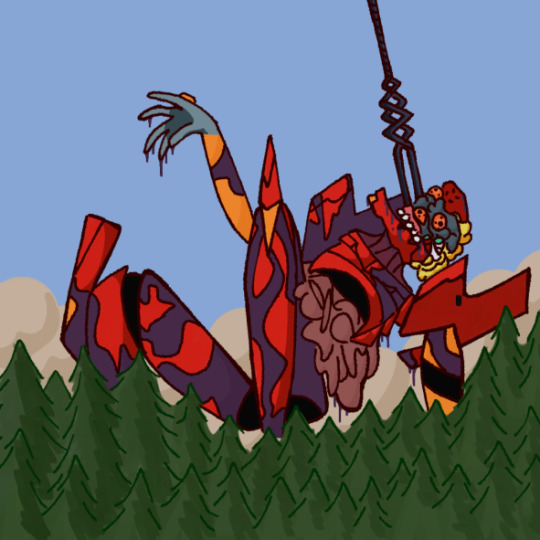


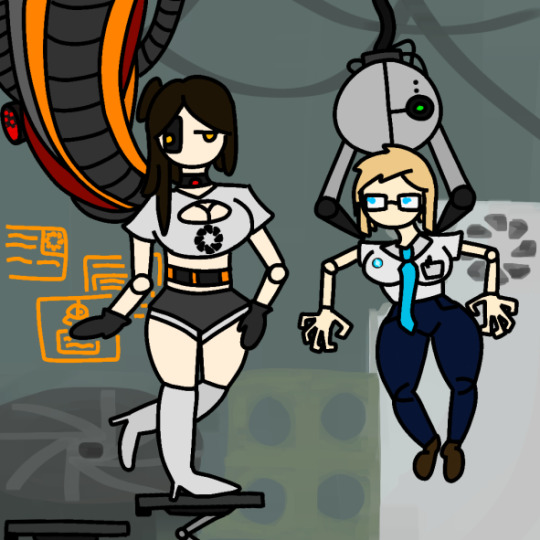

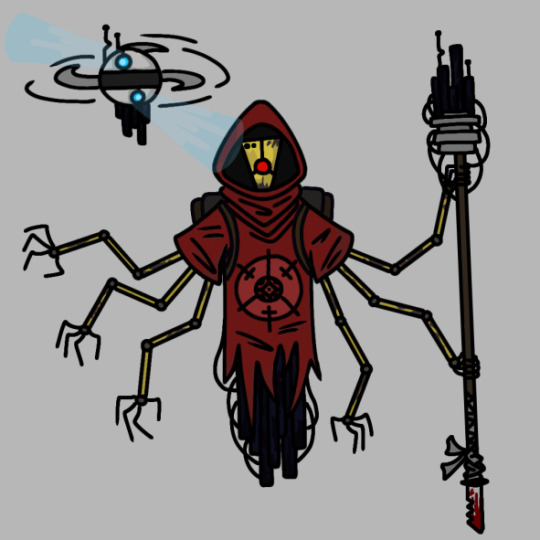

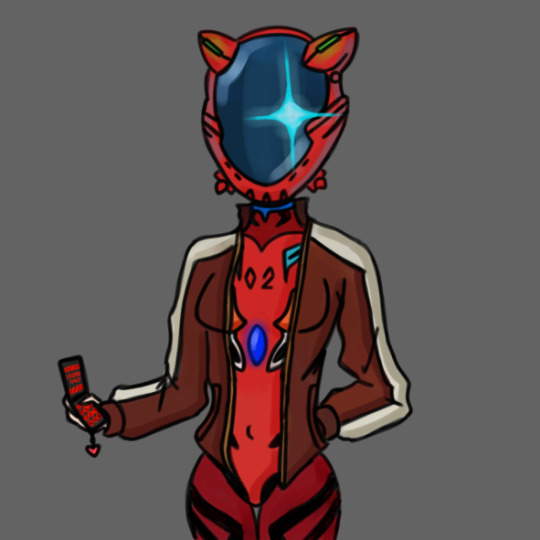

FINALLY POSTING MY ART!!!!!!!!!!!!
My best pieces from the past year, it's easy to see how it progressed lol :3 The progression is from bottom to top, early pieces last and latest first. ik its confusing but thats how it uploaded. A lot of different styles and techniques used here, hell idek what my style is now.. ;w; Anyway, unfortunately I didn't have time to watermark all this so if you steal it I WILL FIND YOU.
Anyway there's still more to come, and I'll post as much of it as I can as I make more! ヾ(≧▽≦*)o
#oc#oc art#evangelion#rebuild of evangelion#five nights at freddy's#into the pit#warhammer 40k#fnaf#fnaf 2#portal#portal 2#valve#valve software#trans#transfem#transgender#end of evangelion#eoe#murder drones#md#serial designation j#j#j murder drones#serial designation v#v#v murder drones#madness combat#newgrounds#garfield#cyn
27 notes
·
View notes
Text
I know its mainly a stylistic thing but omg. All of the drones on Copper-9 desperately need an oil change...cause baby your oil is NOT supposed to be black 😭
Drop me on Copper-9 with six barrels of Castrol and a drip pan, I'm going HAM on that colony. Trap-neuter-release style
#gonna trap them like feral cats#they need their rabies shots (antivirus software)#murder drones#murderdrones#radical-text
33 notes
·
View notes
Audio
Oneohtrix Point Never’s Betrayed In The Octagon
#oneohtrix point never#betrayed in the octagon#software#music#electronic#ambient#drone#synth#new age#progressive electronic#abstract#experimental#bandcamp
9 notes
·
View notes
Text
i actually think hatori is more of an electrical/hardware engineer than an informatics/information technology/software engineering person
#from the fanbook - he says he has the ability to ''flip switches he isn't supposed to''#in other words - 1s and 0s and currents#off and on#i think at the very granular level that's the mechanics of hatori's power#and i mean this is applicable to computer science and IT - but not that much#the electrical and hardware manipulation is VERY abstracted away into programming languages#and im of the opinion that hatori... doesn't know how to program computers#also when we see him demonstrate his abilities they are either hacking drones and helicopters that are likely programmed in lower-#-level languages and place a larger emphasis on electrical engineering#or hacking radio waves which i mean that's still some sort of off-on thing#the software engineering route of changing ports n permissions n stuff is.. i think not hatori's thing#but who knows... i really like hatori infosec interpretations... its just that i also think in canon he's an electrical engineer type guy#(not shitting on electrical engineers - infact i think they do better stuff than me - the loser infosec guy who can't do physics#to save his life)#my post canon hc for him is that he cleans up and goes to post-secondary school and finally learns the theory behind all of the stuff#-he CAN do#i think he'd unlock a lot of potential that way#but what do i know i am just speculating on the mechanics of psychic powers#milk (normal)#hatori tag#ah this is just me rambling i wanted to get the thought out
13 notes
·
View notes
Video
youtube
Shadow Drones by Sampletraxx Review & Playthrough
#youtube#shadow drones#sampletraxx#playthrough#walkthrough#shadow drones review#music production#music producer#composer#tutorial#film scoring#music software#kontakt library#native instruments#vst#virtual instruments#sample sound review
1 note
·
View note
Text
the most popular hobby for engineers is a different discipline of engineering
#like they work all day on roads or drones or something#then come home and do electrical engineering or software engineering for fun#thoughts into the void
0 notes
Text
#3d crystal business#3d engraving software#crystal selling business#crystal business#3d crystal engraving machine#3d crystal engraving#3D crystal engraving machine#3d laser box jet mini#cockpit 3d software#3D Laser Box Drone#3d laser engraving software
0 notes
Text
For some reason, i ended up wondering whether or not any of the drones/bots we see in the new games were inspired by the design of the bots in D2RPG but i might be wrong.
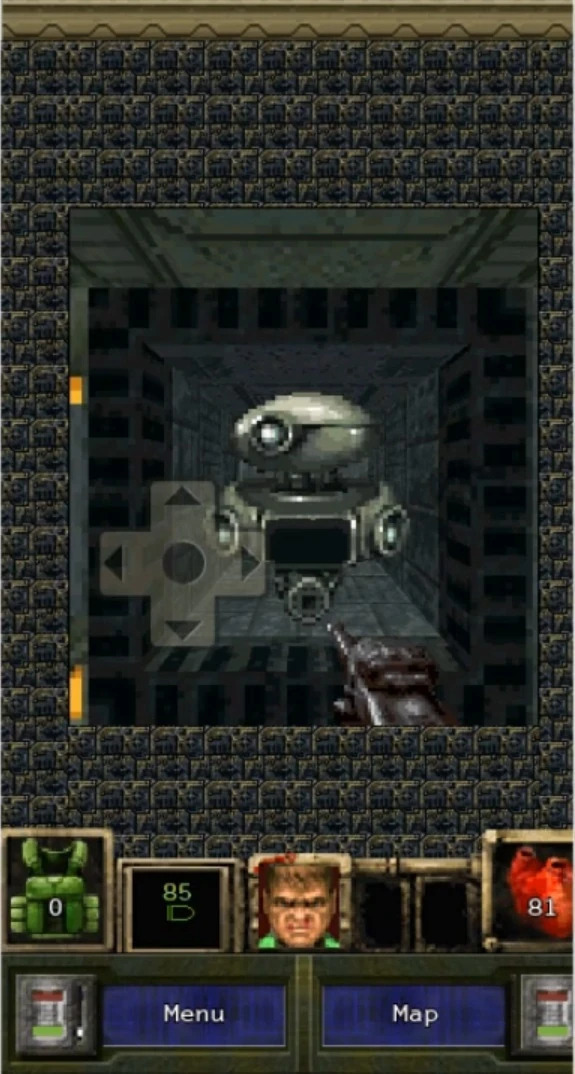



Maybe it's because of the shape of a round, maybe "egg shaped" thing with an eye and how it looks like it carries something underneath?
If nothing else: anytime someones puts a Field Drone in a classic Doom mod, they could make its sprites resemble the D2RPG bot design.
3 notes
·
View notes
Text
Wireless Controllers for Nintendo Switch with RGB Lights
Perfect for Gamers Who Love Precise & Immersive Controls








Transform your gaming experience with this wireless joypad for Nintendo Switch. This controller features advanced sensor and vibration feedback technology that gives you the ultimate precision, accuracy, and control in your games. The stylish and comfortable design is perfect for long sessions and supports multi-platform connectivity’s, making it ideal for PCs and other mainstream gaming devices. With a built-in rechargeable battery, you can play your favorite games for hours without worrying about power. Whether you’re a beginner or a professional player, this controller is easy to use and provides a realistic and immersive gaming experience. It’s perfect for gamers who love to have fun, whether it’s at home, with friends, or at a party.
-- Buy Now --
Seamless connectivity & advanced sensors
Advanced connectivity at your fingertips: Offers seamless gaming with new chip tech, fixing connectivity for responsive play
360° joysticks: For immersive gaming control
6-axis gyroscope: Ensures precise aiming for immersive gaming on Switch joypad controller
Dive into dual shock response: Experience gaming thrill with double shock response – ideal for Switch joypads
High-quality craftsmanship: Durable, non-slip ABS material for enhanced Switch gaming
Hours of functionality catered to improve your every game
Immerse in vibrant RGB lighting: Enhance your gaming with our RGB-lit controller, crafted specifically for Nintendo Switch joycons
Turbo (T) buttons: Perfect for games that require rapid firing or quick repetitive actions
Press ‘Function key + T’ to activate auto mode
Press & hold T button + joystick left/right to cancel
Multi-functional: Versatile features for wake-up, controller options, and Switch compatibility
Long battery life: Powers 30 hours of gameplay on Switch joycons; no interruptions!
NOTES:
This controller features a split-handle design, offering both left and right units.
Controller ONLY. Nintendo Switch is NOT included.
Specs
Specs
Color: pink
Material: PC
Size: 50*100*60mm
Range: 5-10m
Thickness: 28.76mm
Gyroscope: 6-axis
Lighting effects
Light off
Monochromatic
Colorful mode
Battery capacity: 600mAh
Battery life: 30 hours
Charge time: 3-4 hours
Modes
TV mode
Desktop mode
Palm mode
Connection: wireless
Manufacturer’s 1-year warranty
Compatibility
All versions of Switch
Includes
1x Wireless Controller for Nintendo Switch with RGB Lights
1x Manual
1x Cable
Shipping
Ships to US
Read More Article: https://smartsgeek.com/Shop/product/wireless-controllers-for-nintendo-switch-with-rgb-lights/
1 note
·
View note
Text
How to Build a DIY Drone Using Open-Source Software
Building a DIY drone using open-source software is an exciting project that allows you to learn about drone technology while customizing your own flying machine. Here’s a step-by-step guide to help you get started: 1. Choose the Right Drone Frame The first step in building a DIY drone is selecting a frame that suits your needs. The frame holds all the components of the drone together. There are…
#drone building guide#drone components#drone software configuration#flight controller setup#open-source drone software
0 notes
Text
The report "Drone Software Market by Architecture (Open Source, Closed Source), Offering (App-Based Software, Desktop Software), Application (Control & Data Capture, Image Processing, Analytics), Platform, and Region - Global Forecast to 2022", published by MarketsandMarkets, the market is estimated to be USD 2.85 Billion in 2016 and is projected to reach USD 12.33 Billion by 2022, at a CAGR of 27.63% during the forecast period.
0 notes
Text
How Drones Are Revolutionizing Solar Power Plant Design: The Future of Solar Energy

The world of solar energy has witnessed remarkable advancements in recent years, especially in the design and installation of solar power plants. One such innovation that is rapidly transforming the industry is the use of drones. Drones are being integrated into the solar energy sector for tasks ranging from land surveying to maintenance and everything in between. This blog explores how drones are shaping the future of solar power plant design and their growing role in solar system layout and optimization.
The Role of Drones in Solar Power Plant Design
Drones, also known as unmanned aerial vehicles (UAVs), are now integral tools in the solar industry. Their ability to quickly and accurately capture aerial data has changed how solar engineers approach tasks such as site assessment, panel placement, and overall system layout. The application of drones in solar power plant design not only improves efficiency but also helps in making more informed decisions, ensuring a smoother transition from design to installation.
1. Land Surveying and Site Assessment
A comprehensive site assessment is essential for designing a solar power plant. Traditionally, engineers would rely on ground surveys, which are time-consuming and costly. Drones have revolutionized this process by capturing high-resolution images and 3D data of large areas in a fraction of the time.
For a solar power plant to be successful, understanding the land’s topography and identifying potential obstacles is crucial. Drones equipped with LiDAR and high-definition cameras provide detailed aerial views that give engineers precise data about the terrain. This technology allows designers to make more accurate decisions regarding panel placement and system configuration, which can significantly impact the overall energy output of the plant.
2. 3D Modeling and Design Optimization
Once the land has been surveyed, the next step is designing the solar power plant layout. Drones can generate 3D models of the surveyed area, which serve as the foundation for the design process. These models provide a highly accurate and realistic representation of the terrain, allowing engineers to visualize how solar panels will fit within the landscape.
Using solar design software, engineers can integrate drone-captured data into the design process to simulate the placement of solar panels, evaluate shading effects, and ensure the most efficient system layout. Optimizing solar system layout is essential for maximizing energy production and reducing installation costs.
3. Improved Accuracy and Efficiency
Accuracy is vital when designing solar power plants, as even small errors can lead to costly adjustments during installation. Drones ensure greater precision by capturing high-resolution images and data with minimal human error. This level of accuracy also allows engineers to make data-driven decisions quickly, which helps in speeding up the overall design process.
Additionally, drones reduce the need for multiple site visits, saving both time and resources. Solar designers can gather all the data they need from the comfort of their office or design platform, rather than spending days on-site manually collecting measurements.
4. Speeding Up the Design Process
The solar design process traditionally involves multiple steps, including land surveying, 3D modeling, and layout planning. Drones accelerate these steps by providing real-time, actionable data that can be immediately fed into the design system. The faster engineers can assess the land and create detailed models, the quicker they can move forward with the installation process.
This improved speed in the design phase translates into faster project timelines, which benefits both the client and the contractors. It also allows solar companies to complete more projects within a shorter period, increasing their capacity and improving their profitability.
5. Cost Efficiency
Solar projects can be expensive, especially when traditional surveying methods and equipment are involved. The integration of drones into the design process significantly reduces costs associated with manual surveying, transportation, and on-site labor. Drones are cost-effective alternatives that provide a detailed, comprehensive view of the site at a fraction of the cost of traditional surveying methods.
Moreover, drones help identify potential issues early on in the design process, which can save substantial amounts of money in the long term by reducing the risk of costly mistakes during the installation phase.
6. Post-Installation Monitoring and Maintenance
Drones are not just useful during the design and installation phases — they also play a crucial role in the maintenance of solar power plants. Once the plant is operational, drones can be used for regular inspections to identify issues such as panel damage, dirt buildup, or shading problems. Drones equipped with infrared cameras can also detect hotspots, which may indicate faulty panels or electrical issues.
Routine inspections using drones help solar operators maintain optimal performance and ensure the longevity of the system. By catching potential issues early, drones reduce the need for costly repairs and minimize downtime, keeping the plant operating at maximum efficiency.
The Future of Drones in Solar Energy
The integration of drones in the solar industry is still in its early stages, but their impact is undeniable. As drone technology continues to evolve, their applications will expand even further. The combination of drones, AI, and advanced PV design software will allow solar companies to automate many aspects of the design and maintenance process, further reducing costs and improving efficiency.
The ability to conduct detailed surveys, create precise 3D models, and perform inspections remotely will continue to streamline the process of building and maintaining solar power plants. As more solar companies adopt drone technology, we can expect even greater advancements in solar system optimization, energy production, and sustainability.
Conclusion
Drones are revolutionizing the way solar power plants are designed, built, and maintained. Their ability to quickly capture accurate data, create detailed models, and streamline the design process has made them invaluable tools in the solar industry. As solar technology continues to evolve, drones will play an even greater role in shaping the future of solar energy, making it easier, faster, and more cost-effective to implement large-scale solar projects.
For solar professionals looking to stay ahead of the curve, embracing drone technology is a smart move. It not only offers efficiency and precision but also opens up new possibilities for innovation in solar power plant design and maintenance. As the industry moves towards cleaner, more sustainable energy solutions, drones will be at the forefront of this transformation.
#pv design software#solar design tool#Solar Design Software#Solar Power Plant Design#solar energy#pv design autocad#pv solar design software#autocad plugin#Solar Panels#Solar Power Plant#Future of Solar Power#Drone
0 notes
Text
Invest in Smarter Construction with Drone Technology

The construction industry has long struggled with issues like project delays, budget overruns, and safety risks. These challenges can be mitigated significantly with the use of drones, which provide high-quality data and enhanced oversight in ways that traditional methods cannot match. Here are some key reasons why drones are gaining traction in construction:
Accurate Data Collection: Drones equipped with high-resolution cameras and advanced sensors can capture detailed aerial images and generate 2D maps and 3D models of construction sites. This allows for precise planning and monitoring of progress, reducing the likelihood of costly mistakes.
Improved Safety: Construction sites can be dangerous, especially when working at heights or in hazardous areas. Drones allow project managers to monitor these areas without exposing workers to risk, making safety inspections quicker and safer.
Cost and Time Savings: Drones can significantly reduce the amount of time spent on site inspections, surveys, and monitoring. Tasks that traditionally take days or weeks can now be completed in a matter of hours. Moreover, the data collected helps minimize rework and optimize resource allocation, cutting down costs.
Enhanced Communication and Collaboration: High-definition images and real-time video feeds from drones make it easier for all stakeholders — engineers, contractors, and clients — to stay informed about project progress. This improved communication leads to better collaboration and quicker decision-making.
Key Applications of Drones in Construction
While the general advantages of drones are evident, their real impact lies in specific applications tailored to the needs of the construction industry. Below are some of the primary ways drones are being used to transform construction projects:
1. Land Surveying and Mapping
One of the most time-consuming aspects of pre-construction is land surveying. Drones simplify this process by quickly capturing aerial data over vast areas. Using photogrammetry, drones can create precise 2D and 3D maps of the terrain. These maps help construction teams understand the topography, identify potential obstacles, and plan the project more effectively. Compared to traditional ground-based methods, drones deliver faster results with higher accuracy.
2. Site Monitoring and Progress Tracking
Drones can perform regular site flyovers, capturing updated aerial images and video footage. This data provides project managers with a clear view of the entire construction site, allowing them to track progress in real-time. By comparing current drone-captured data with initial project plans, managers can quickly identify discrepancies and address potential issues before they escalate. This real-time monitoring can also help track material usage and prevent theft or misuse.
3. Inspections and Safety Audits
Safety is a major concern on construction sites, especially in large-scale projects with complex structures like skyscrapers, bridges, or tunnels. Drones equipped with thermal cameras and other specialized sensors can conduct safety audits by inspecting hard-to-reach areas such as high beams, rooftops, and confined spaces. These inspections can be done more efficiently and safely than traditional methods, allowing for early detection of structural issues or safety hazards.
4. Volumetric Measurements
Calculating stockpile volumes and earthworks has traditionally been an expensive and labor-intensive process. Drones streamline this process by capturing aerial images that are converted into volumetric data using specialized software. This is particularly useful in tracking materials like gravel, sand, or soil, ensuring that supply levels are accurately measured and costs are controlled.
5. Marketing and Client Engagement
Drone footage is not just for internal use; it can also be a powerful marketing tool. High-quality aerial videos of construction progress are impressive visual aids that can be shared with clients, stakeholders, and potential investors. These visuals provide a compelling way to showcase the capabilities of a construction firm and can be instrumental in winning new business.
The Financial and Competitive Advantage
Investing in drone technology for construction offers both short-term and long-term financial benefits. In the short term, the reduced labor costs and faster project timelines result in immediate savings. In the long term, drones improve the overall efficiency and accuracy of construction projects, leading to fewer delays and reduced rework, which translates to better profit margins.
Additionally, companies that integrate drone technology into their workflows gain a competitive edge in an industry that is increasingly prioritizing innovation. Being able to deliver projects on time, within budget, and with enhanced safety measures is a key differentiator in today’s construction landscape.
Conclusion
Drone technology is no longer a futuristic concept in construction — it’s here, and it’s transforming the way the industry operates. From improving safety and efficiency to providing precise data for better decision-making, drones are the smart investment that can drive your construction business forward. By adopting drone technology, construction firms can stay ahead of the curve, reduce costs, and complete projects more efficiently and safely than ever before.
#2D Drone mapping#2D Drone#Drone Mapping#Mapping Drone#Drone Mapping Software#Drone Innovation#Drone In Construction
1 note
·
View note